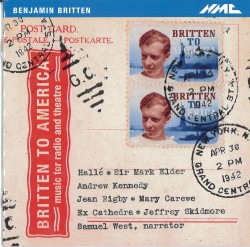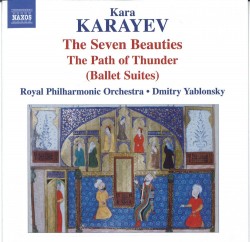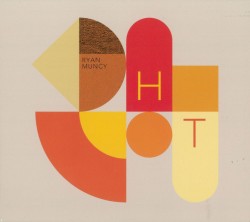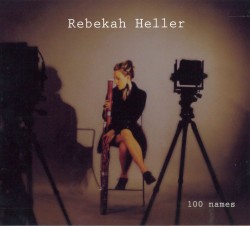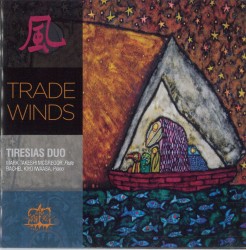Kitchen Party - Derek Charke; Mark Adam
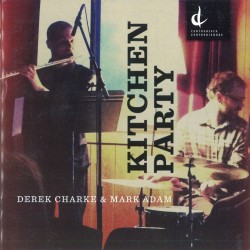 Kitchen Party
Kitchen Party
Derek Charke; Mark Adam
Centrediscs CMCCD 19814
The idea behind this CD is simple: give a theme to seven East Coast composers and ask them to write something four to ten minutes long for flute and percussion and premiere the outcomes at a traditional Nova Scotia kitchen party for 70 guests. The flute-percussion duo comprises “extended techniques” specialist flutist Derek Charke and “veteran of virtually every percussion genre,” Mark Adam, now both music professors at Acadia University in Wolfville. The composers may all be from Nova Scotia but their music is from all over the map (in a good way!).
Redundancy is out and originality is in; everyone has something different and interesting to say.
There is, as one would hope, lots of extended flute technique – whistles, harmonics, multiphonics, pops and buzzes, as in some of the variations in Charke’s contribution, ‘Reel’ Variations on a Jig and Jim O’Leary’s Music for Amplified Bass Flute and Drum Set.
There is also lots of very contemporary melodic writing as in John Plant’s Capriccio, in which the forward momentum of the marimba’s arpeggiated ostinato is matched by the flute’s equally dynamic melody line, and even a toe-tapping jig in Charke’s piece. And then there are the fascinating rhythms, as in Anthony Genge’s Third Duo, Jeff Hennessy’s Balor’s Flute and Robert Bauer’s Café Antiqua. Yes, there is even some Japanese-inspired music in Charke’s improvisation, recorded live at the kitchen party.
So you don’t think you like contemporary music? Think again!


